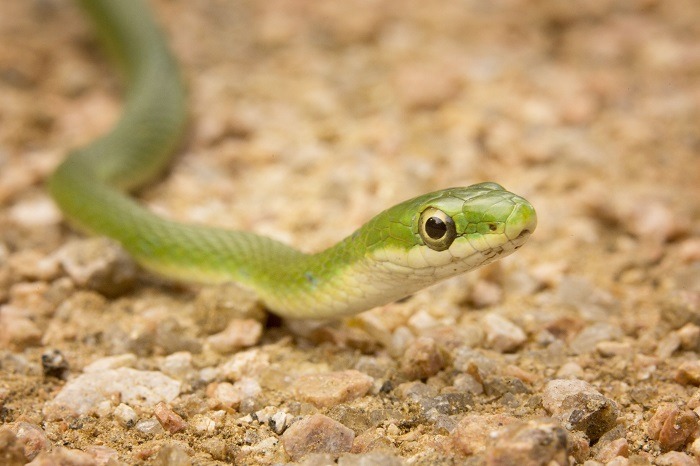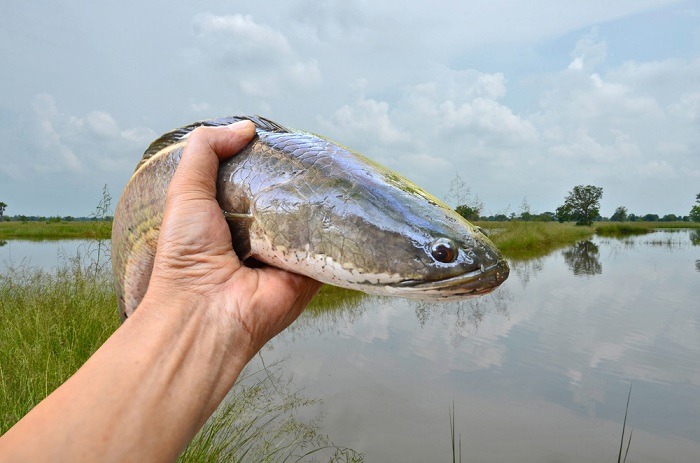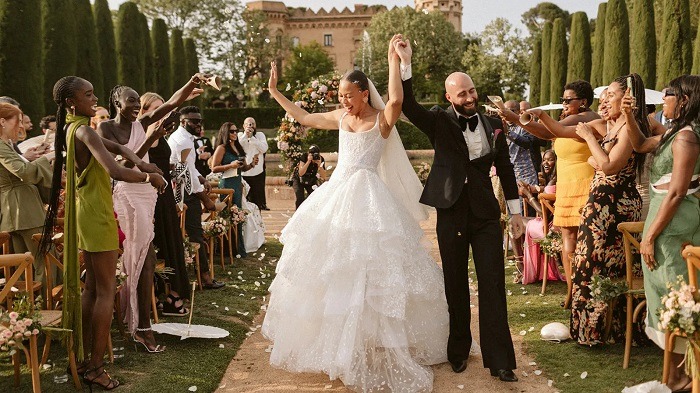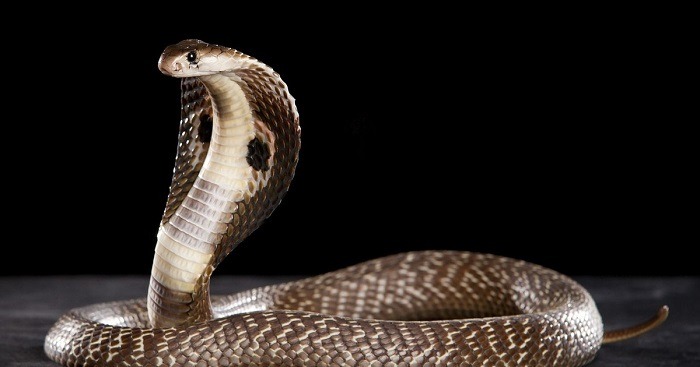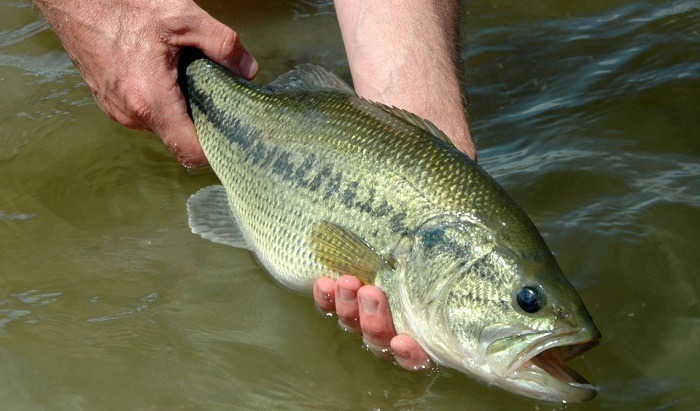Mơ thấy rụng tóc có những điềm báo đặc biệt như thế nào cho người mộng và các con số may mắn để cược lô đề là gì? Để giải […]
Mơ thấy rắn xanh đánh con gì? Có điềm báo gì? Tốt hay xấu?
Mơ thấy rắn xanh mang tới rất nhiều may mắn cho người mộng, đồng thời có thể làm anh em đổi đời trong một lần đặt cược này. Đối với […]
Mơ thấy trứng gà đánh con gì? Có điềm báo gì? Tốt hay xấu?
Trứng gà là hình ảnh hiện hữu trong cuộc sống của chúng ta mỗi ngày nên việc những quả trứng có trong giấc mơ không phải là điềm hiếm thấy. […]
Mơ thấy cá lóc đánh con gì? Có điềm báo gì? Tốt hay xấu?
Mơ thấy cá lóc có thể chỉ là giấc mơ bình thường phản ánh tâm trí của bạn nhưng đây cũng có thể là điềm báo tốt xấu mà người […]
Mơ thấy đám cưới đánh con gì? Có điềm báo gì? Tốt hay xấu?
Nằm mơ thấy đám cưới có phải là điềm báo cho những sự việc tốt đẹp sẽ xảy ra trong tương lai của chủ mộng hay không? Những con số […]
Mơ thấy rắn hổ mang đánh con gì? Có điềm báo gì? Tốt hay xấu?
Nằm mơ thấy rắn hổ mang khiến nhiều người hoảng hốt và lo sợ sẽ có những sự việc xấu sắp đến trong tương lai của chính mình. Bên cạnh […]
Mơ thấy bắt cá đánh con gì? Có điềm báo gì? Tốt hay xấu?
Mơ thấy bắt cá luôn khiến cho nhiều người tò mò về thông điệp cũng như các con số may mắn được cất giấu trong giấc mơ đó. Liệu các […]
Mơ thấy nyc đánh con gì? Có điềm báo gì? Tốt hay xấu?
Mơ thấy nyc cho thấy chủ mộng đang nhung nhớ người cũ cũng như khoảng thời gian tươi đẹp khi cả hai còn ở bên nhau. Bên cạnh đó, giấc […]
Mơ thấy đánh nhau đánh con gì? Có điềm báo gì? Tốt hay xấu?
Nằm mơ thấy đánh nhau không phải là giấc mơ hiếm gặp nhưng luôn khiến cho chủ mộng tò mò về ý nghĩa bí ẩn nằm trong đó. Ngoài ra, […]
Mơ thấy chồng ngoại tình đánh con gì? Có điềm báo gì? Tốt hay xấu?
Mơ thấy chồng ngoại tình khiến cho chủ mộng hoài nghi và bắt đầu nảy sinh nghi ngờ với người bạn đời bên cạnh mình. Tuy nhiên, không ai có […]

